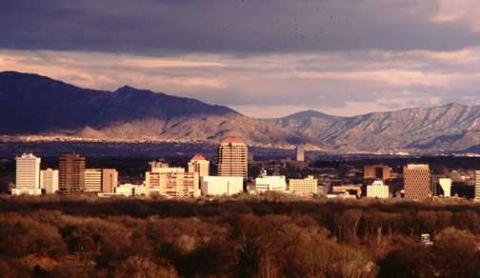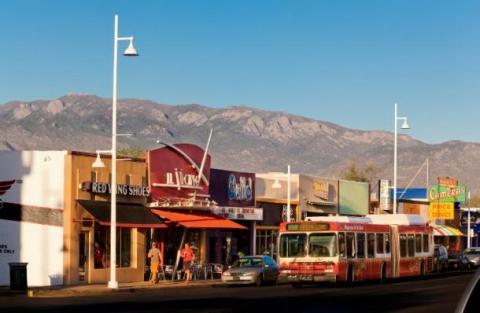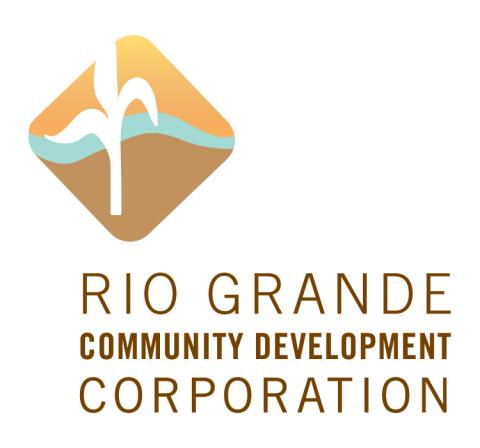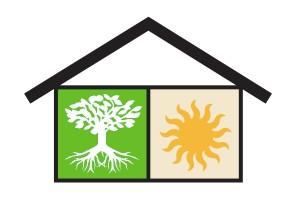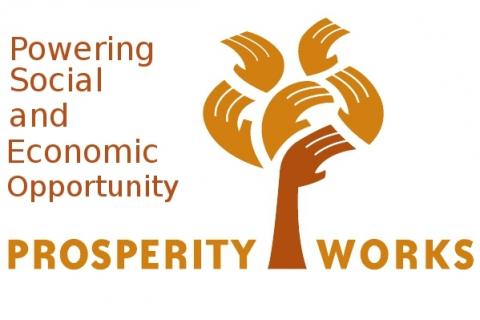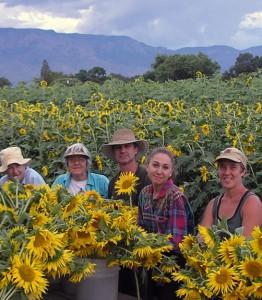Situated on the foothills of the Sandia Mountains, Albuquerque has the highest elevation of any major US city, topping out over 6,500 feet above sea level in certain areas. It is also the largest city in the state of New Mexico, with more than 550,000 residents, and is one of the country’s most culturally diverse cities. According to 2011 U.S. Census figures, Albuquerque is 47 percent Latino, 42 percent white, 5 percent American Indian, 3 percent African American, and 3 percent Asian.
The city’s history is very much connected with scientific innovation, dating back to military flight testing in the 1930s and the Manhattan Project of the 1940s. Since then, Albuquerque’s science and technology sector has evolved into a thriving center for energy (especially solar and other renewables), nanotechnology, aeronautics, and medicine. Public institutions, such as Sandia National Laboratories, Kirkland Air Force Base, and the University of New Mexico, have anchored much of this growth. Today, Albuquerque’s ten largest employers are all hospitals, universities and public institutions, comprising more than 20 percent of the surrounding metropolitan area’s workforce.
Equally important to Albuquerque’s development is its strong sense of culture and heritage. As noted above, Albuquerque is nearly half Latino and has deep ties to Native American traditions and art. Shifting tides of settlement patterns and the ebbs and flows of the tech boom and economic growth have greatly impacted the region and its residents. Rising land costs and gentrification are concomitant challenges to the bustling economy. The delicate balance of cultural heritage, diversity, and rapid technological development must be balanced to ensure equitable growth and economic stability for all residents. Community wealth building organizations in Albuquerque work hard to achieve this goal, often with an eye to the particular needs of Native American, Latino and other indigenous communities.
Residents of New Mexico have relied on communal ways of life for several centuries, long before European colonization, and the cooperative and community-based models are an integral part of Native American life. In this context, Albuquerque is an ideal city for community-based wealth building initiatives to take root and successful examples abound. The Rio Grande Community Development Corporation operates the South Valley Economic Development Center that has incubated over 100 new businesses in low-income communities in the city since opening in 2003. The community development financial institution, New Mexico Community Capital, targets financial services directly to tribal communities. The community-owned consumer cooperatives La Mantanita Co-op runs the regional Co-op Trade Food-Shed Project that creates wholesale markets and provides product distribution, delivery, and refrigerated storage for local farmers and producers. And the Sawmill Community Land Trust manages 34 acres of reclaimed industrial land where they built 93 affordable single-family homes and three affordable rental apartment complexes complete with community gardens, playgrounds and a plaza.
An overview of community wealth building efforts follows:
